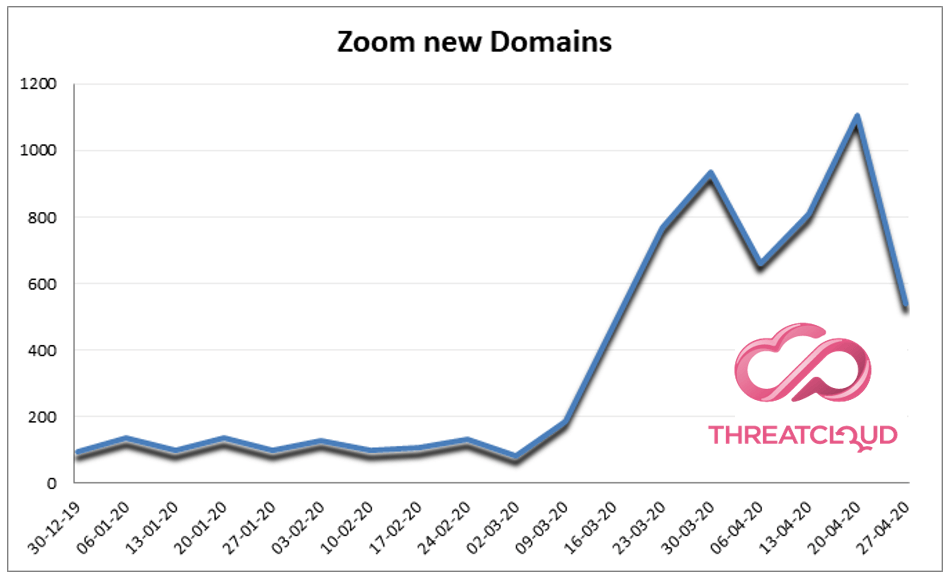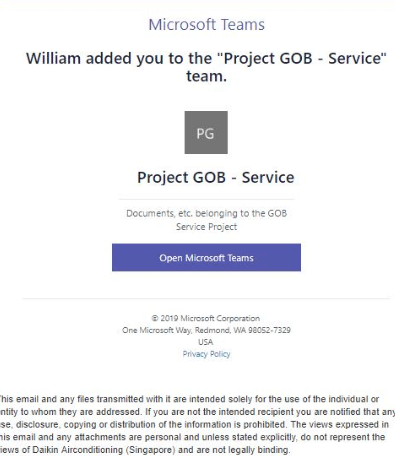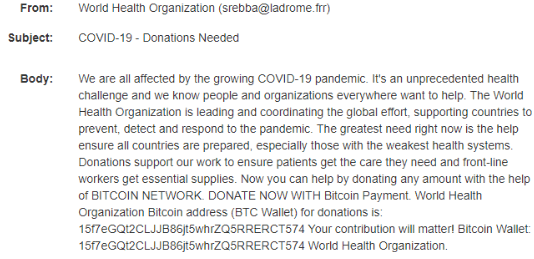A report recently published by Check Point reveals that cybercriminals have found a new way to carry out phishing scams. The security company realizes that more and more hackers are creating fake web pages that impersonate videoconferencing platforms such as Zoom, Microsoft Teams or Google Meet to steal personal data from the most unsuspecting users and infect the equipment with malware .
According to Check Point, in just three weeks, 2,449 new web domains related to the Zoom platform were registered. In all, 1.5% of the pages were malicious and 13% were suspicious.

As far as Microsoft Teams or Google Meet is concerned, experts account for several phishing emails that indicate that a user has been added to a virtual meeting, leading him to access a malicious page and install malware without realizing it.

The World Health Organization (WHO) is also one of the targets of hackers again, after an attempted attack in March. According to Check Point, cybercriminals have chosen to send emails asking for donations by posing as WHO, directing whoever clicks on the links in the message to compromised bitcoin wallets.

Recently, a team from Google specializing in cybersecurity warned of the new trend in cybercrime that has health organizations in the crosshairs. Experts have also identified more than a dozen government-backed attackers, considered high-level attacks, that take advantage of pandemic-related themes to carry out phishing scams.
In Portugal, the Policia Judiciria and the Centro Nacional de Cibersegurana detected in mid-March a new wave of fraudulent schemes. In this case, users received an SMS or email asking for help with a campaign to purchase medical supplies.
In April, CNCS confirmed an increase in the number of computer attacks in Portugal. During the month of March and in the first half of April, 164 incidents were identified. Of the total number of attacks, 71 of them were cases of phishing. The organization revealed that some of the incidents are directly related to the COVID-19 pandemic theme.
